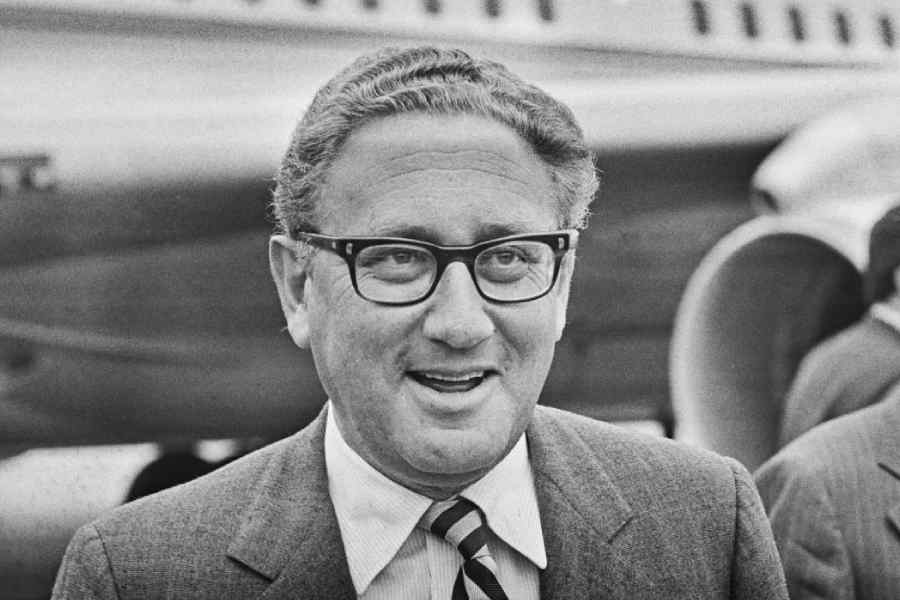The iconic dialogue, “Leave the gun, take the Cannoli”, from The Godfather resonates not only as a film quote but also as a cultural catchphrase. Its popularity transcends the movie, embodying the essence of strategic choices. The political sphere echoes a similar sentiment; Henry Kissinger’s statement, “America has no permanent friends or enemies, only interests,” speaks volumes about strategic diplomacy. Both instances reflect the complexity of choices where priorities often outweigh personal inclinations.
Here’s another example. When Vito Corleone tells Johnny Fontane “I’m gonna make him an offer he can’t refuse,” it portrays Corleone’s mastery of influence. Kissinger’s remark, “Power is the ultimate aphrodisiac,” captures a similar kind of power-play, highlighting the impact of authority on human behaviour. While Corleone’s line exhibits a blend of authority and assurance in dealing with adversaries, Kissinger’s observation delves into the captivating nature of power, underlining its irresistible pull on the realm of politics. Both statements mirror the complexities of wielding authority and influence.
Hollywood revitalisation was spurred by the political upheavals that occurred in America during the Nixon-Kissinger era. Some of the greatest and most influential movies — The Godfather, Last Tango in Paris, Deep Throat, and The Exorcist, among others — were made during this era. These films reflected the complexities of political power, moral quandaries, and the subtleties of human nature in the face of influence and were subtly inspired by the time that Kissinger was living in. “Follow the money” from All The President’s Men, a film on the Watergate scandal, and Kissinger’s statement, “A country that demands moral perfection in its foreign policy will achieve neither perfection nor security,” conveyed the essence of the unwrapping of the truth by tracing financial transactions. Both the dialogue and the statement emphasise the importance of pragmatism in understanding and navigating situations, albeit in different contexts — one a scandal, the other foreign policy.
The likes of Francis Ford Coppola and Bernardo Bertolucci might have been intrigued by the intricate and dramatic aspects of the Nixon-Kissinger era, finding a wealth of material for their cinematic storytelling. The interplay among power, ethics, and the human condition could have served as a fertile ground for their storytelling, allowing them to explore such themes as ambition, morality, corruption, and the quest for power. Through their cinematic lens, they sought to capture the multifaceted nature of political decisions and their impact on individuals and societies, creating thought-provoking narratives that resonated with audiences while offering glimpses of the intriguing world of politics. Kissinger’s policies and their impact would go on to be the subject of countless analyses; their mark on popular culture deserves an examination as well.
The final line of Deep Throat — “And Deep Throat to you all.” — echoed not only the diplomatic deep throats that are used in covert global affairs but also Kissinger being the alleged ‘Deep Throat’ in the Watergate scandal. Similarly, the famous quote from The Exorcist — “The power of Christ compels you!” — was also thought to reflect the Nixon administration’s struggle to overcome political opponents and global obstacles besides reflecting the fervour of the battle against evil.
With Kissinger’s death, a strange vacuum has now appeared in Hollywood’s vault of scripts. Film-makers will struggle to write dramatic reel scenes that match the intensity of Kissinger’s diplomatic encounters in real life.
Anurag Punetha is Head Media, Indira Gandhi National Centre for Arts, New Delhi











